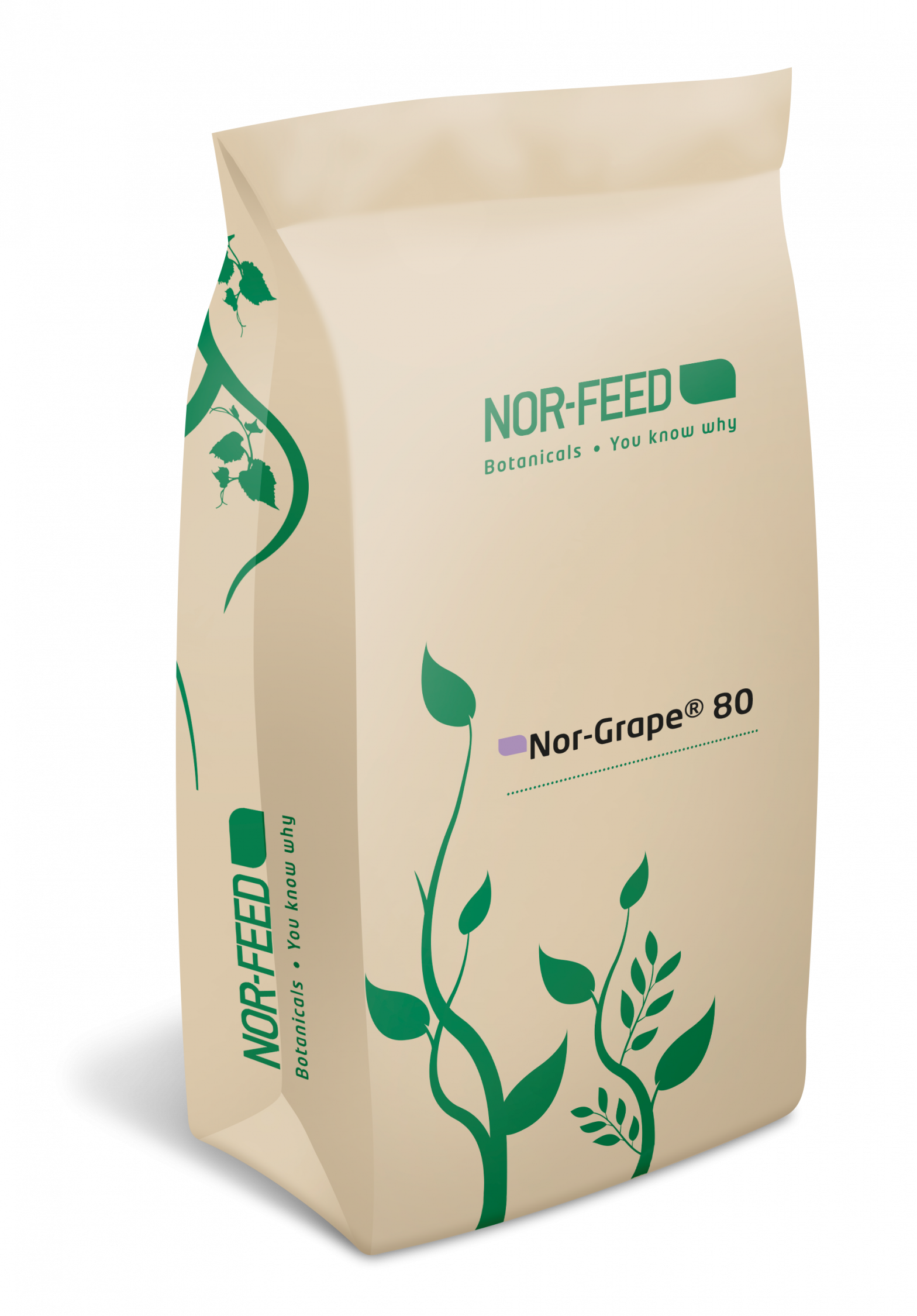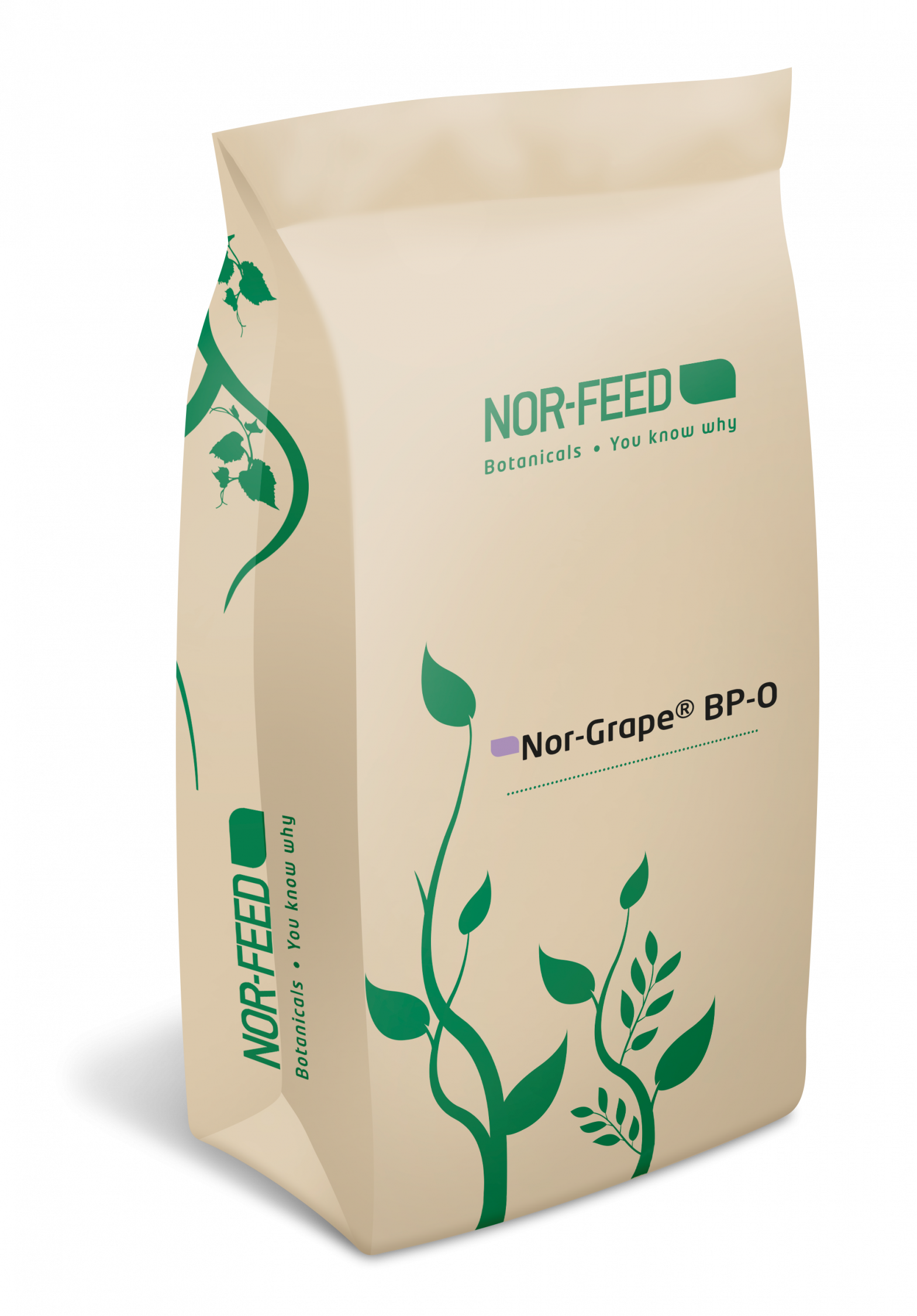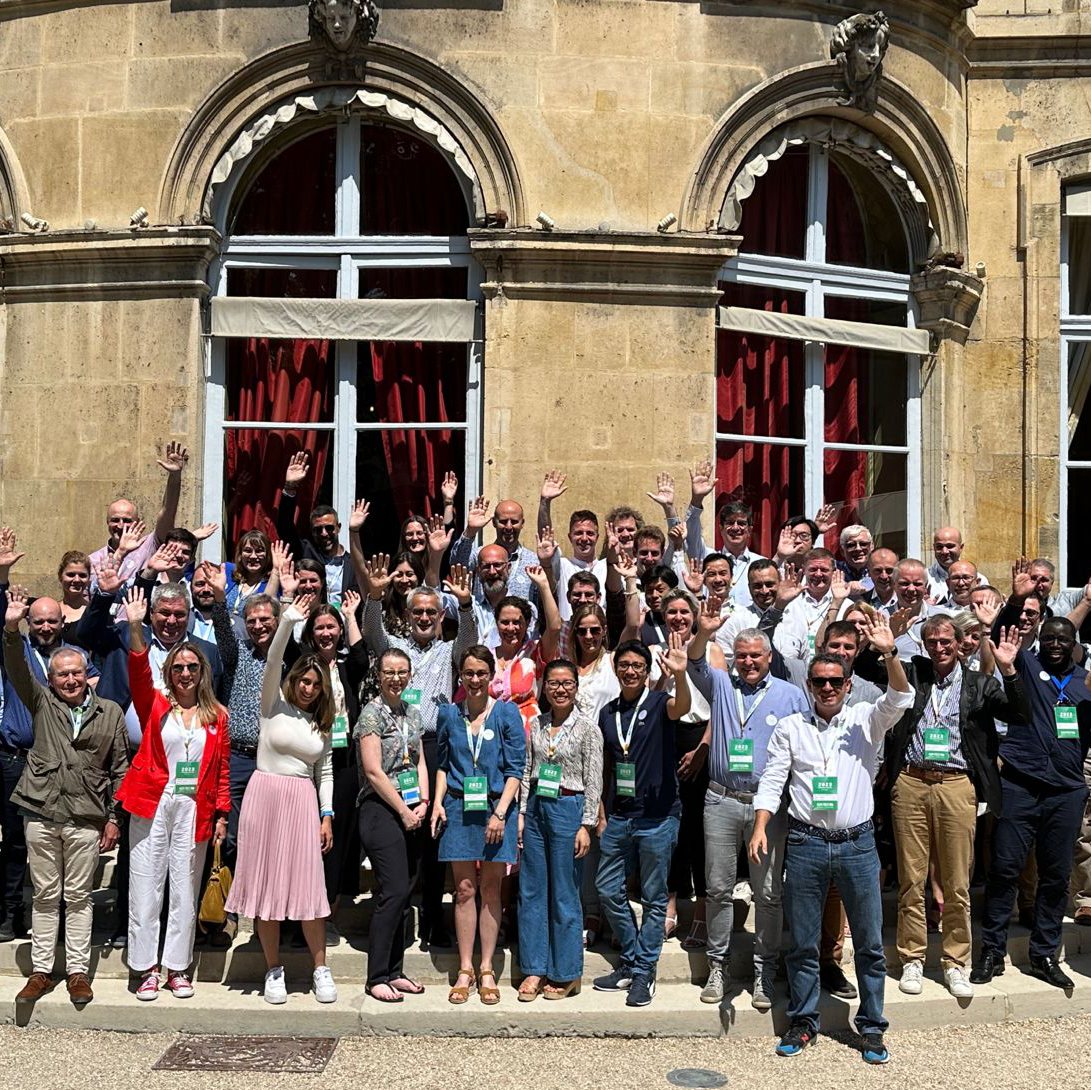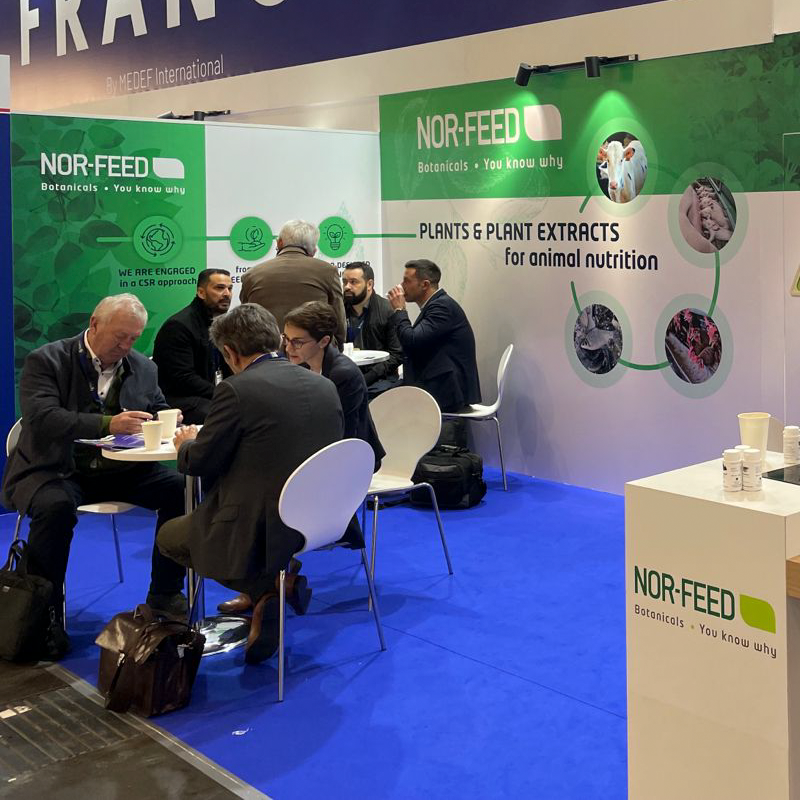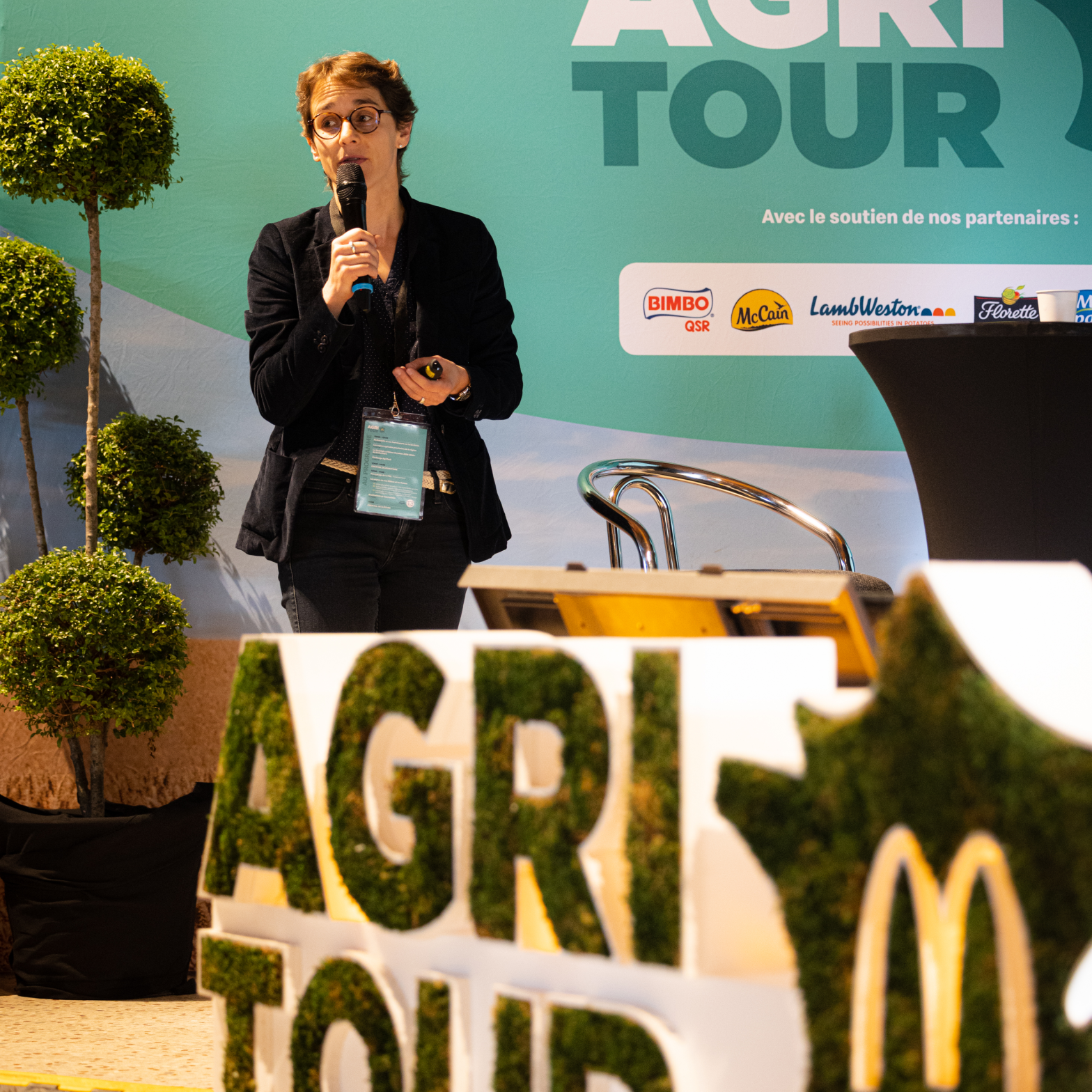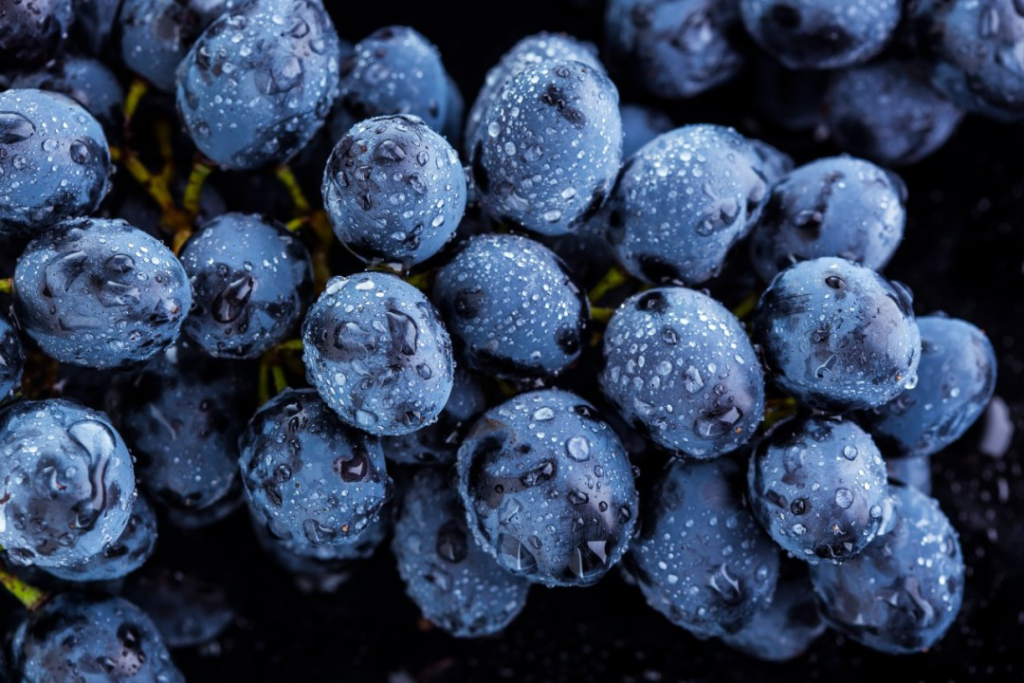
Free radicals, the result of the
Respiratory process
Free radicals are products from the respiratory process. They are highly reactive and can induce important oxidative damage in the organism, leading to an impairment of bio-logical functions. Antioxidants are defense molecules used by the animal to fight against these reactive species. They can be produced by the cell (GPx, SOD) or brought by the diet (vitamins E and C, polyphenols). A disruption of the oxidative balance induced by stress factors can lead to dramatic impacts on the performance and health of farm animals. In a recent article, Amadori and Zanotti (2016) reviewed the impact of chronic oxidative stress on health and performance in intensively farmed animals.
Farm animals,
True athletes
Over the years, genetic selection of farm animals has improved several characteristics such as milk, meat production, feed efficiency… leading to a great diversity of phenotypes, with an intensified metabolism in order to reach the targeted performances. A higher metabolism leads to higher oxygen consumption and free radical production. The authors report that the basal level of plasma free radical in resting pigs is equivalent to that of human athletes during an intense physical exercise (e.g. marathon race), underlining the higher needs for antioxidants intake.
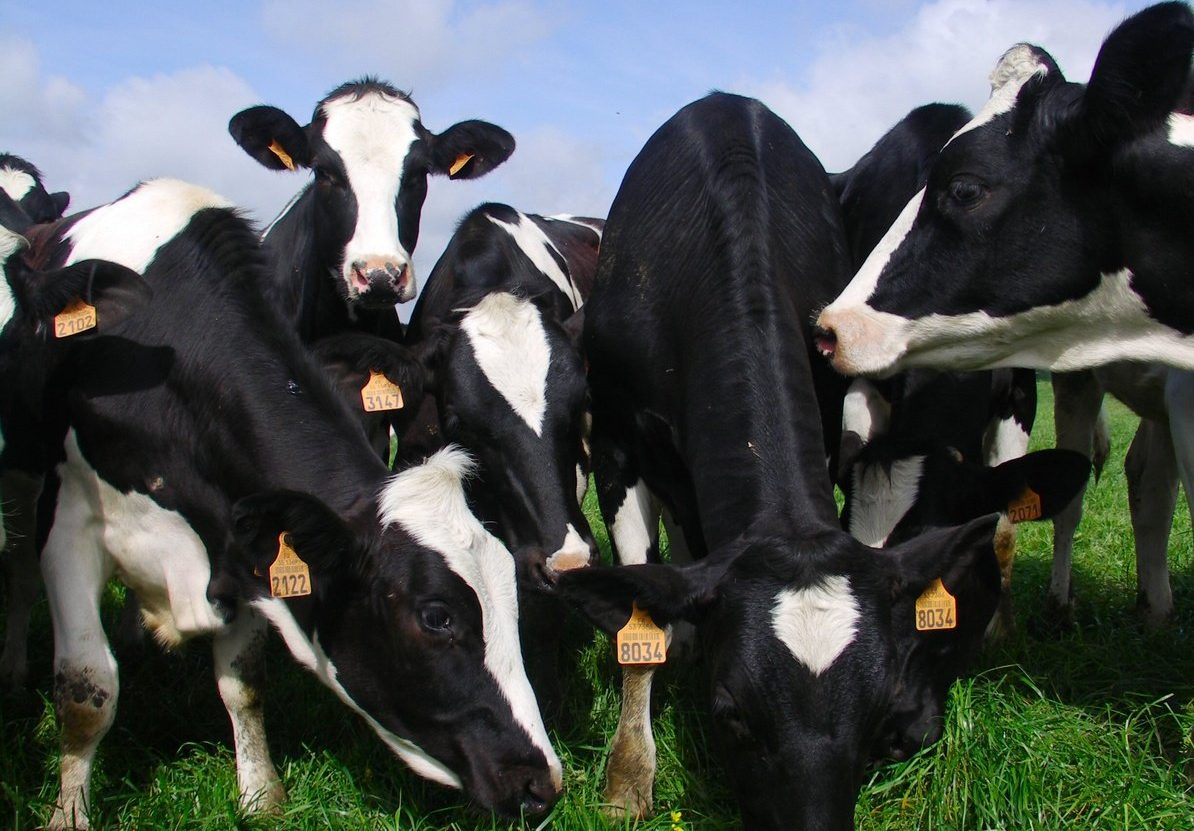
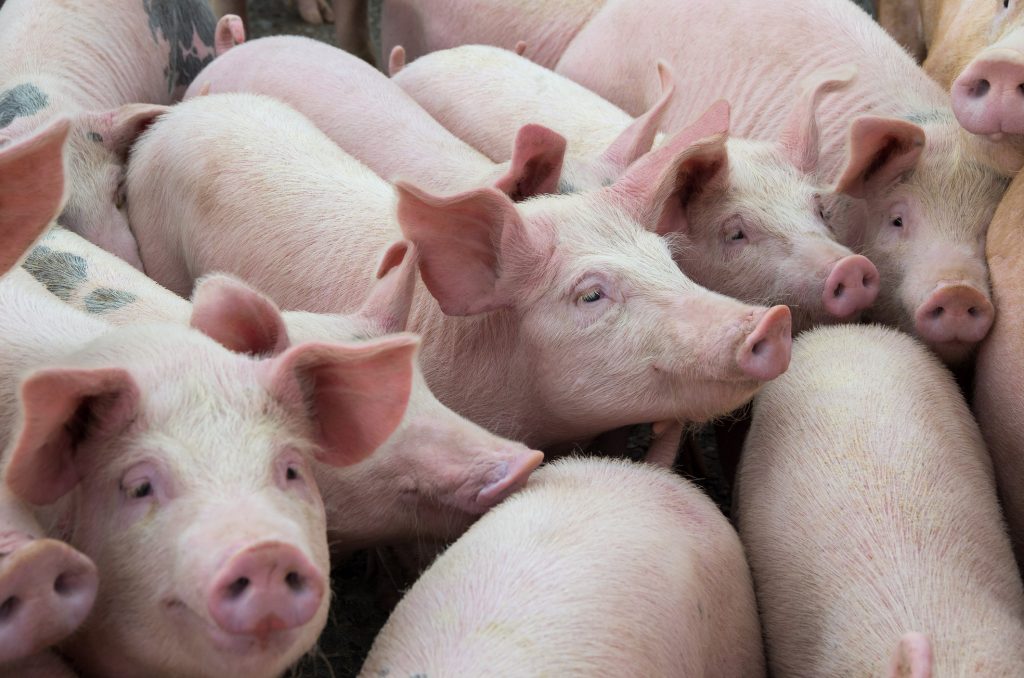
More stress,
Lower performance
The increased production of free radicals induces an over-stimulation of homeostasis mechanisms facilitating immunosuppression, which in turn can favour diseases and impact performance. As an example, the article points out that “production diseases can impact approximately one third of the pig population in terms of mortality and generate ‘poor doers’ among weaners and growers”. The authors link these findings to a high pre-valence of free radicals production. This article stresses the importance of antioxidant use to fight against oxidative stress in production animals to improve performances, health and overall welfare.
Field evidence
Duck production
A trial was carried out in Hungary on 14 301 Pekin ducks under high temperature condition. The ducks were evenly seperated into 2 groups:
- Control group: standard diet
- Nor-Grape® group: standard diet + 30ppm of Nor-Grape® 80
The duck were fed during two weeks before slaughter. 3 parameters were analysed along this trial, the duck carcass weight after slaughter, the mortality rate and the proportion of carcasses with a yield superior to 80% of the mean live weight. For each of these parameters, the ducks from the Nor-Grape® group showed better results.
Field evidence
Seabass production
A trial was carried out in France in the Coastline Environment Experimental station of Sète. Sea bass were divided into 2 groups:
- Control group: standard diet
- Nor-Grape® group: standard diet + 40ppm of Nor-Grape® 80
The results of this trial showed that the filets from the fishes fed with a standard diet supplemented with Nor-Grape® 80 had less drip loss during cooking.
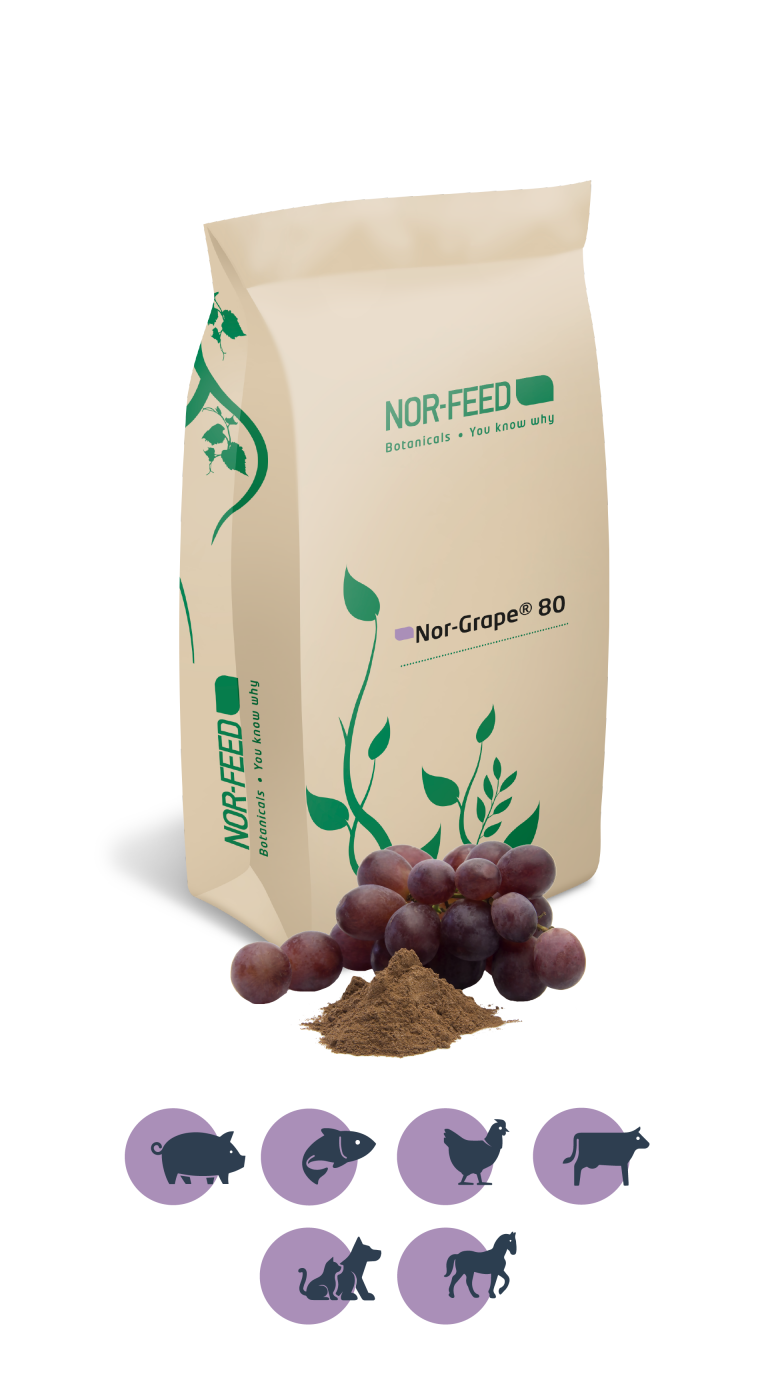
Our 100% natural grape exctract
Nor-Grape® 80
Nor-Grape® 80 is a grape extract standardized in polyphenols which provides soluble biological antioxidants that help compensate oxidative stress.


